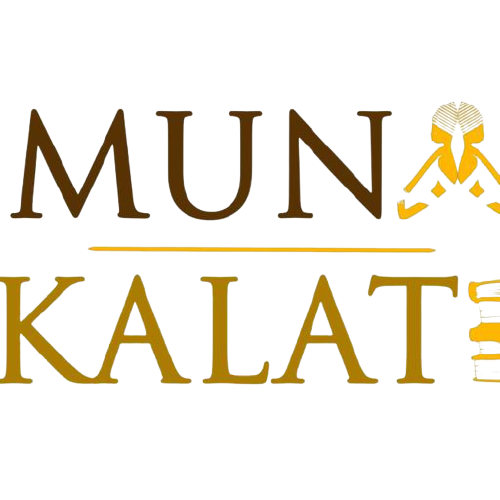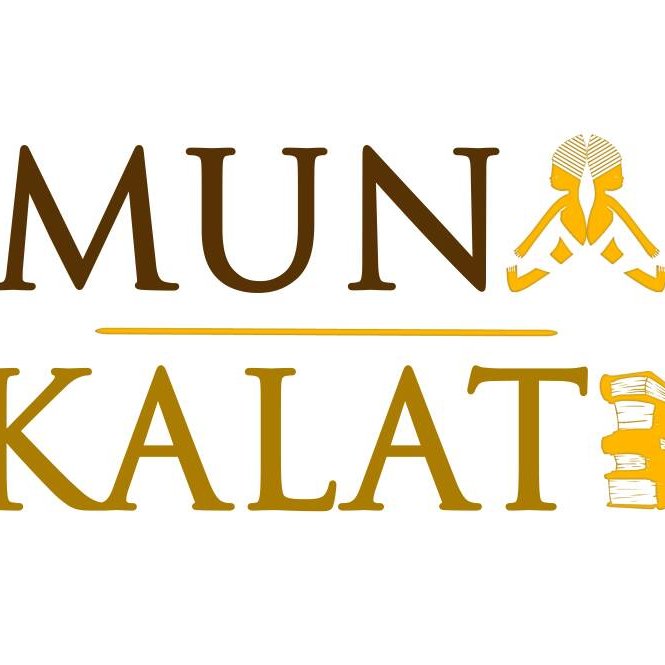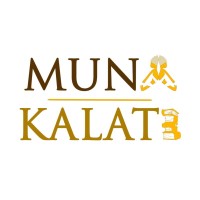Transforming the world’s book markets and bringing books to every child / APNET/ GLOBAL Book Alliance Seminar
On June 8th, the Global Book Alliance and the African Publishers Network hosted an Open Book Series webinar: Private Sector Book Publishing in Africa.
A panel of expert publishers discussed challenges and opportunities in private sector publishing in Africa, and key themes such as access to books, language, copyright issues, book distribution, and the capacity-building of publishers. Of what strategic relevance are these three key activities to governments in Africa? i. Reading ii. Literacy promotion iii. Lifelong learning programmes. Do we have a common understanding of what strategic importance these three key activities are to the overall socio-economic development agenda of countries and societies? What are the noticeable policies promoted by governments in Africa that would encourage the private sector (publishing) to focus resources to develop these readers of choice? Those are some questions that have been handled during these discussions.
With panelists :
Literacy is a basic right that empowers individuals and benefits society. In recognition of this central role in development, the Global Book Alliance was founded to guarantee that children everywhere have the learning materials they need to learn to read by 2030. This ambitious vision demands market-based transformation in book development, procurement, distribution, and use a flexible and iterative process we call the Book Chain.
Global Book Alliance is a partnership of donors, multilateral agencies, and non-government organizations whose vision is a world in which all children have access to quality books that they can use to learn to read, read to learn, and develop a love of reading.
In collaboration with Open Book African Publishers Network, APNET news in the book, we are looking at :
Ø The state of today’s private sector publishing
It is mixed and depends on each country .
Publishers / State
§ The book industry needs to dialogue with the state to see how they will coordinate the approach between state and private sector
§ It is important to consider the public and the private sector because we need more voices to solve problems
§ We need the transition from print to digital
§ Government will make an effort to understand publishing and consider publishers as partners.
Ø Some challenges
– Government involvement in publishing
– The distribution issue (Hindered Distribution channel)
– Low government support (Government policies undermine long terms goals of the publishers)
Ø Concerning African languages
– Practically; there is lack of access, lack of publishers.
– The priority is given to mainstreams languages
– The lack of funding
– When languages are not studied, for them to be widespread
It has been reported that Africans don’t have reading habits : What do we mean by reading culture ?
It is reading for knowledge. Africa is lagging behind and our schools focus only on school books. Also,the government purchases books for schools, so people read only for exams. One of the reasons why there is a lack of reading habit in Africa is that, Government just concentrates on books available in schools. There is no specific policy for those who don’t have access to formal education. Publishers also focus on those books available in schools because they want to make money. It is not easy to develop a reading culture. It is also important to look carefully at what people are reading because there is a lack of secular books in schools for leisure reading.
The reading culture in Africa has declined due to inadequate reading materials as well as technology; which has replaced the need for books especially in homes. However, there is a need for a direct infusion of reading within the curriculum.
To help build a reading culture, super exciting, serialized graphic novels aimed at upper elementary aged and middle school children which will be printed on newsprint or slightly better paper and sold at the same cost as the snacks must be produced. Such books can be sold in schools, and could be a good project for someone.
Reading is an art and as such it is cultivated as one sure forum that reading is promoted and sustained through the formal education environment.
Reading is an art and must be cultivated!
Africa is a young continent and therefore Africans must be helped to learn how to read, given access to books and the opportunity to participate in the book chain.
Ø To be implemented
– Book policies are to be improved
– Make books available
– Technology also can play a role
– Books should be written in African languages (priorities are usually given to European languages) causing the minority languages to die off.
– Carry out campaigns to encourage more publication of children’s books.
The African Partners Network has been involved in having professionals in the domain in Tanzania, Guinea etc but moving forward, the APNET needs to identify specific training needed to fill in the gap between the traditional publishing and the digital publishing.
Governments have to make sure that students are educated by making sustainable books available in schools. Surprisingly, they see private publishers as businessmen who are just there to make money.
Ø How to make more relevant books to be accessible to learners?
o Make sure African countries have access to the Marrakesh Treaty.
o Think of Braille translation and other solutions for those with sight problems.
o Governments should encourage the associations in their promotions
Ø Closing the Book Gap
An effective supply of books requires high-quality title development in languages and formats children can use and understand, access to those titles by printers and publishers, and a functioning supply chain to deliver books to their potential readers.
Having books at home is important for children’s learning. It can play a critical role in helping children learn to read. Community participation can also increase the supply of textbooks to schools.
The point of publishing in African languages is essential. But, when it comes to African languages we also have to be very practical in our approach. The research that was done in South Africa indicated that there are a lot of African languages in which materials are being published. Priorities were given to mainstream languages and the pictures of those materials were not available. When it comes to children’s books there were a lot more books than we utilized, simply because there was no access to funding for those books.
Purchasing will go to books and dispersion so we really need to formulate more campaigns.
Impediments to the accessibility of reading materials in Kenya include the burden of VAT on books, impoverished bookshop networks since the government bypasses them in government-procured school texts, which then de-empowers their ability to distribute reading materials to every village in the country. A fully embedded Book Development and Distribution system would highly help resuscitate the volatile challenge of accessibility beyond the 1:1 textbook ratio that we have lauded in our schools, which fails to focus on life long reading access and literacy.
Ø For Publishers
- There are a lot of centers where it is possible to efficiently train publishers for them to become more professional and publish quality books but there are no funds to train them.
- It is also important to know the type of training to give because there is a big gap between traditional publishers and the actual ones who use digital materials.
Ø Copyright for Africa
We need to protect the publisher’s productions.
§ It is important to educate people on what copyright is.
§ It is important to educate on the philosophy behind copyrights.
§ The essence of that is to protect the author’s intellectual works.
§ The government should spend money to encourage authors and publishers if they need more open access.
§ It is also important to look for the link between what is read and what is being published.
§ Maybe the books are expensive and are not really accessible.
The publishing business is driven by all the factors that would encourage any business person to invest into an area of business. If there are no incentives, there can be no investment and they will continue to provide resources for textbook publishing. A careful study of our current curriculum and teaching emphasis will tell you that we are not interested in developing any of the three. It will be a pleasure to hear from publishing colleagues who can share their critical perspectives on the topic.
You can read this great discussion and learn more about the work at the GBA at: GlobalBookAlliance.org, You can also find them on Twitter @thebookalliance and LinkedIn as “Global Book Alliance”



